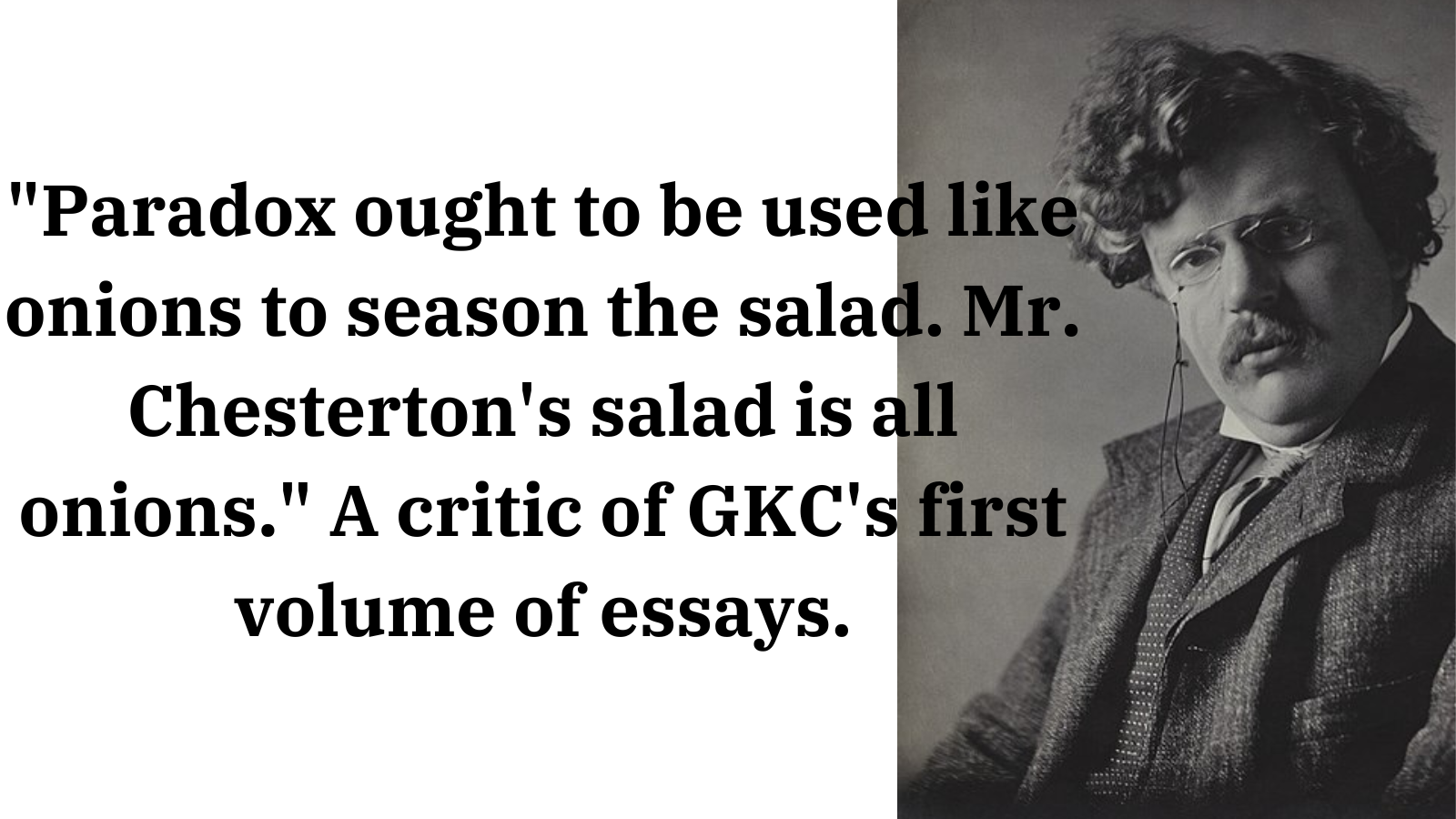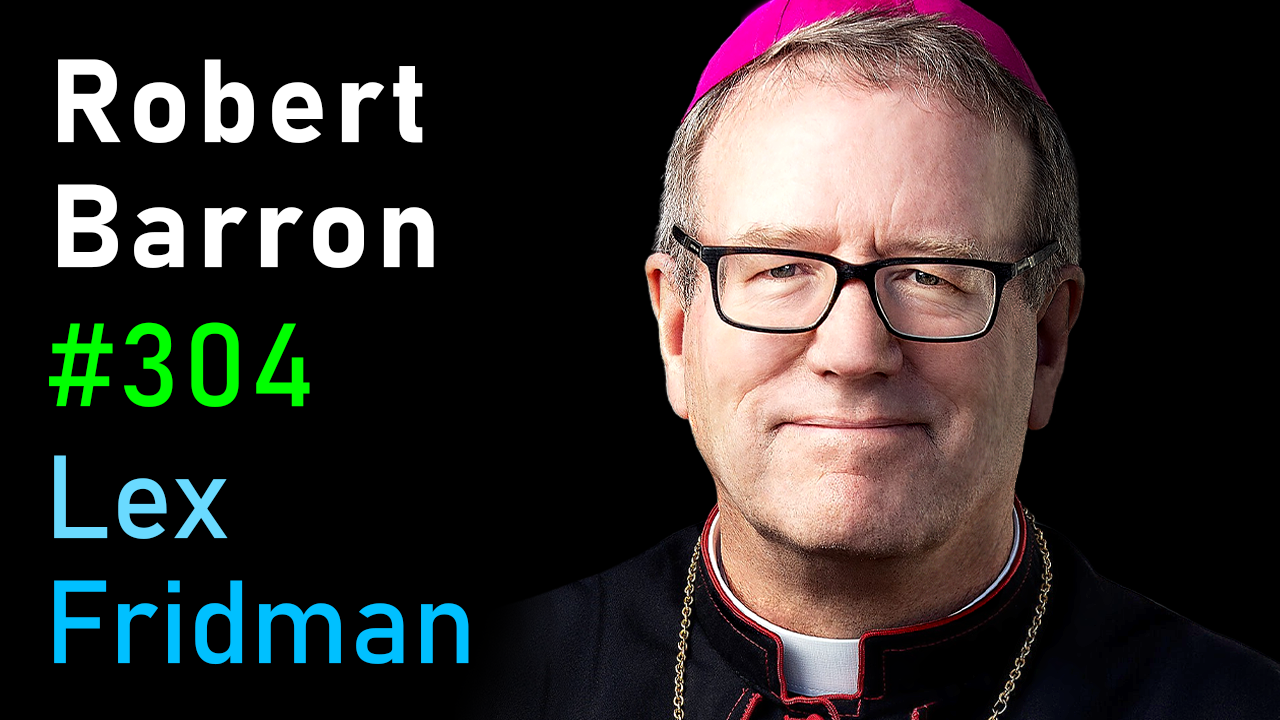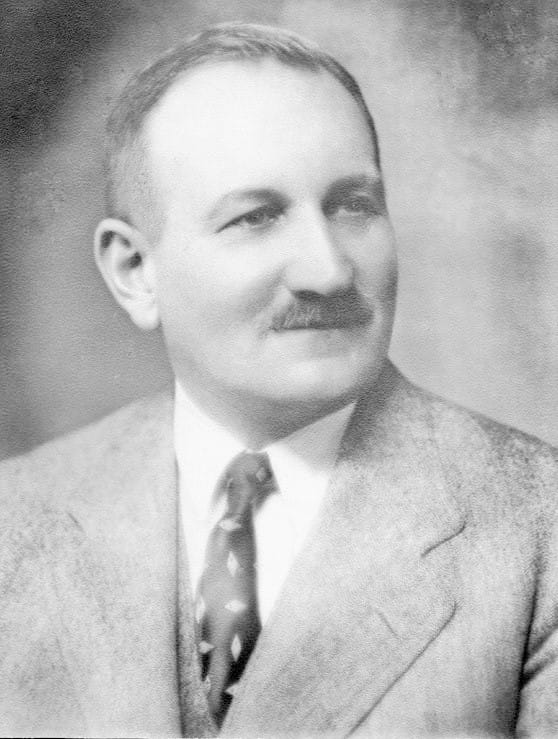The Homeless Have Vigorous Circadian Clocks

Sacred Cow Homeless
Ari Matti Mustonen had a good set at the Comedy Mothership. He comes from Estonia. He pointed out that they have homeless in Europe too, but they're not . . . erratic. He talked about moving to Austin and dealing with a homeless guy who's always verbally assaulting everyone, but everyone is cool with it.
"That's Mike. He's alright."
Ari didn't understand. He implored a little common sense, in his Estonian brogue:
"Mr. Open Carry. Would you please shoot Mike? He's scaring everyone!"
Amen to that.
I remember staying at the Golden Nugget in downtown Vegas in 2022. I walked outside on a crisp morning and a homeless guy was sleeping in one of the big stone planters that decorate the front of the hotel.
The Nugget employees and cops on the beat just walked by.
"That's Mike. He's alright."
The thing is, I think Mike is alright too. He just isn't a sacred cow, and neither was that overweight homeless guy in the Golden Nugget planter. We ought to stop treating them as such.

Read: The Homeless Are Now Early Morning Risers
Reverse Draculas. The sun comes up and so do they.
Everything else in them is broken, but they have robust circadian clocks?
Chesterton and Paradox
I shamelessly ripped off this GKC anecdote last Monday, taken from a review of Chesterton's first book of essays.

Of course, reality is ultimately paradoxical. Chesterton was deeply in touch with reality: his right hemisphere seemed hardwired to it, so much so that his left hemisphere was often MIA in his daily life, leading to hilarious anecdotes about his absent-mindedness.
I suspect paradox colored Chesterton's mental world like hate colored Stalin's.
There's a wonderful little book about GKC and paradox by Hugh Kenner. The introduction is by Marshall McLuhan. If you can find it for a reasonable price, snatch it up.
It'll hurt your brain, but that's good. No, it's not good because it makes you think. It's good because that pain in your brain is your left hemisphere recoiling against something (paradox) that defies logic and categories and black/white lines.
Kenner spends a lot of time exploring the analogy and the instinct for being. They're radically important concepts. Bishop Barron briefly explores the same thing (the "intuition of being") in the second half of his excellent interview with Lex Friedman.

When we reach the limits of our logic, but still see (feel, sense, intuit) there’s something else ("being") there, we’ve reached the Tao: paradox, absurdity, the tragedy of existence, the grund . . . whatever you want to call it.



